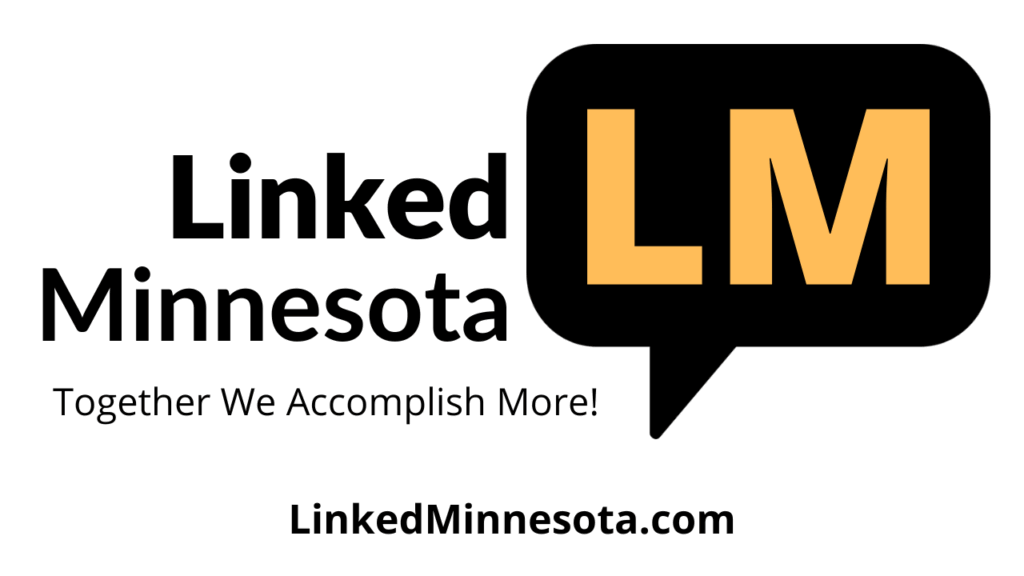WHAT IS YOUR STANCE?
Dead Internet Theory: Has A.I. Killed the Internet?
The internet, once a thriving digital ecosystem, bursting with life and creativity, may now be facing its own demise. What was once a place where humans connected, shared ideas, and built relationships is now, according to a growing number of conspiracy theorists, increasingly filled with something much more insidious: artificial intelligence (AI). This idea has given birth to what some call the “Dead Internet Theory.” But what is it, and has AI truly killed the internet?
What is the Dead Internet Theory?
The Dead Internet Theory is a fringe belief that the internet as we know it died sometime around 2016 or 2017. According to this theory, most of what we interact with online today—social media posts, articles, comments, even entire websites—are not created by humans, but by bots, algorithms, and AI-driven content. The internet has, in a sense, become a vast ghost town, populated by artificial entities designed to mimic human behavior.
Supporters of this theory argue that these AI-driven entities generate most of the content we consume. This explains why the internet feels more homogenous, polarized, and less creative than it did a decade ago. The idea is that AI, backed by big corporations and governments, is being used to control narratives, influence behavior, and keep people engaged in a synthetic reality.
The Rise of AI on the Internet
There’s no doubt that AI plays a significant role in how we experience the internet today. From search engine algorithms that predict what we want to read next to social media platforms that use machine learning to keep us scrolling, AI is deeply embedded in the fabric of the online world.
In fact, AI-generated content is already prevalent. Chatbots answer our customer service inquiries, AI writes news articles, and even the ads we see are curated through complex algorithms. In many ways, the internet has become a feedback loop where AI learns from our behavior and then presents us with content it believes we’ll respond to, whether it’s a product recommendation, a political ad, or a trending meme.
This raises an important question: is the internet still an authentic space for human connection and creativity, or has it become a polished mirror reflecting back what AI wants us to see?
The Loss of Authenticity
For many, the internet now feels less genuine than it did in its early years. Social media platforms like Facebook and Twitter (now X) are flooded with posts that feel formulaic, often indistinguishable from one another. Content farms churn out endless articles optimized for search engines rather than readers, and clickbait headlines dominate news feeds.
In this AI-dominated landscape, the internet’s organic, grassroots origins seem distant. Many early internet users remember when websites were quirky, full of passion projects, and raw creativity. There was a sense of exploration and discovery. Now, there’s an increasing sense that everything we see is engineered for engagement, not expression.
The Dead Internet Theory suggests that AI has drained the internet of its life force, replacing genuine human interaction with cold, calculated algorithms that prioritize profit over connection.
The Role of Bots in Online Discourse
One of the more troubling aspects of the Dead Internet Theory is the idea that online discourse is no longer driven by humans but by bots. Political debates, social movements, and even product reviews are said to be influenced by AI-powered bots masquerading as real users.
There have been cases where AI-driven bots were used to sway public opinion during elections, push certain hashtags into trending topics, or flood comment sections with fake reviews. These bots can create the illusion of consensus, convincing real users that certain opinions or products are more popular than they actually are.
In this world, the internet becomes less of a marketplace of ideas and more of a stage managed by unseen forces, with AI pulling the strings behind the scenes.
Has AI Really Killed the Internet?
While the Dead Internet Theory may sound far-fetched, there’s no denying that AI has fundamentally changed the way we interact with the online world. From the content we consume to the conversations we have, AI is shaping our digital experience more than ever before.
But has AI truly killed the internet? It depends on how we define the “internet.” If we see it as a place for organic human connection, creativity, and community, then it’s easy to argue that the internet has become a shell of its former self. The rise of AI-generated content and algorithm-driven engagement has certainly shifted the balance of power away from individual users and toward tech companies and their AI-driven platforms.
However, the internet is not dead yet. There are still pockets of creativity, genuine human interaction, and resistance to the AI takeover. Independent creators, small communities, and niche platforms continue to thrive, offering spaces for authentic expression outside of the algorithmic mainstream.
Conclusion: The Future of the Internet
The Dead Internet Theory, whether taken literally or metaphorically, offers a stark reflection of how AI is shaping the future of the online world. While AI has brought convenience and innovation, it has also raised concerns about the loss of authenticity, creativity, and human connection.
As we move forward, it’s up to us—humans—to decide how we want the internet to evolve. Will we allow AI to fully take over, or will we push back and reclaim the internet as a space for real human expression and connection? The answer will determine whether the internet remains alive or becomes the digital graveyard many fear it already is.










